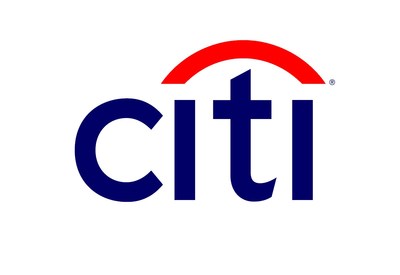UK inflation hit a new 30-year high of 5.5% in the year to January, while the average basic wage rose just 3.7% a year in the quarter ending December, lagging the rise in prices.
The consumer price index released by the Office for National Statistics on Wednesday was the highest since March 1992, when it stood at 7.1%, again beating the Bank’s 2% target. England (BoE).
Meanwhile, on Tuesday, incomes in Britain suffered their biggest squeeze since 2014 in the three months to December as wage growth in the UK slowed.
After adjusting for recent consumer price increases, real total compensation declined over the year to October-December 2021, despite a strong recovery in bonuses. Average wages excluding bonuses fell 1.2%, the biggest drop in nearly eight years.
The central bank warned earlier this month that consumer price inflation could peak at around 7.25% by April, when a 54% rise in energy bills is expected to take effect and the Chancellor’s tax hikes will take effect. But the Bank has so far underestimated the extent of inflation in previous forecasts.
Inflation in the UK is still dominated by energy prices and the prices of a number of goods, which have been heavily affected by the pandemic.
Read more: UK consumer prices hit new 30-year high as inflation hits 5.5%
Jack Leslie, senior economist at the Resolution Foundation, said: “Today’s increase is in line with the Bank’s view that inflation will exceed 7% this spring, which could put the most pressure on on the standard of living in six decades.”
With inflation expected to rise further and businesses and consumers already feeling the pressure, Threadneedle Street is expected to raise interest rates in March, as well as several times this year.
It will make its next monetary policy announcement on March 17.
Current market prices suggest interest rates will rise to 2% this year, the highest since before the global financial crisis. Markets have forecast a half-point increase at one of the next two meetings of the Monetary Policy Committee (MPC).
Analysts at Capital Economics estimate rates will rise from 0.50% now to 1.25% this year and 2.00% next year, with their inflation forecast peaking at 7.9% in April, against 7.6% previously.
Watch: Will interest rates stay low forever?
Meanwhile, ING’s Developed Markets Economist James Smith predicted there will be two, possibly three, rate hikes in 2022. He also suggested inflation would start to come down later this year. .
HSBC said the BoE would raise interest rates less than markets feared, “because it knows the factors driving inflation are also driving the decline in real income, which threatens to limit Economic Growth”.
She expects the Bank Rate to rise to 1.25%, which is below market expectations.
“The pace of rising prices has put the Bank of England on a much more hawkish footing and a third consecutive month of interest rate hikes now looks likely in March,” said Ed Monk, managing partner at Fidelity International. .
“This, of course, will further squeeze borrowers and add headwinds to the UK economy which has only recently managed to regain ground lost to the pandemic.”
Read more: UK faces worst cost of living crisis in 60 years
In December, the BoE became the first major central bank to lower borrowing costs from a record high of 0.1% to 0.25%.
In February, it then doubled the rate from 0.25% to 0.5%, the second increase since the start of the pandemic and the first consecutive increase since 2004.
At the time, four dissenting MPC members voted for a 50 basis point hike to 0.75%, arguing that monetary policy should tighten more quickly, to “reduce the risk that recent wages and inflation expectations become more firmly anchored”, to help bring inflation back to target.
Read more: What higher inflation means for savers and investors
However, Dan Boardman-Weston, CIO at BRI Wealth Management, warned that the Bank would have to remain cautious or risk damaging the economic recovery.
“Given the strength of the labor market and the overall economy, it seems inevitable that the Bank of England will continue on the path of further rate hikes. It is important that the Bank is cautious in raising rates of interest, because much of that inflation still seems transitory in nature,” he said.
“Raising rates at a time of high household bills and rising taxes could stifle the nascent economic recovery by putting too much pressure on the consumer.”
This was echoed by Ben Laidler, global markets strategist at eToro, who said market expectations of six interest rate hikes this year “seemed too aggressive”.
Watch: How does inflation affect interest rates?
 Universo Viviente
Universo Viviente



